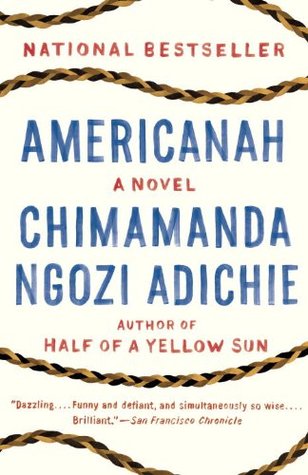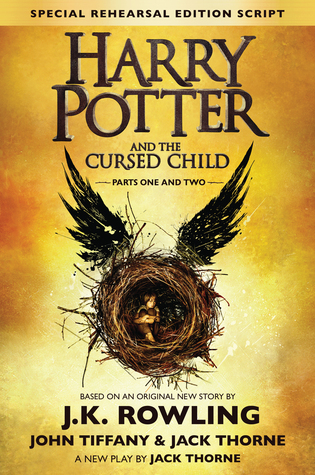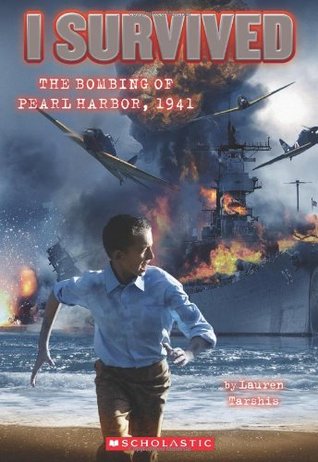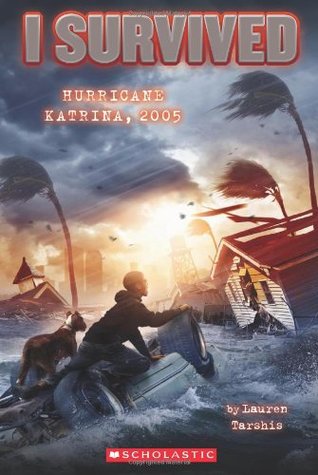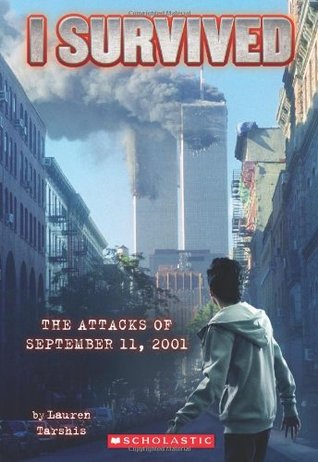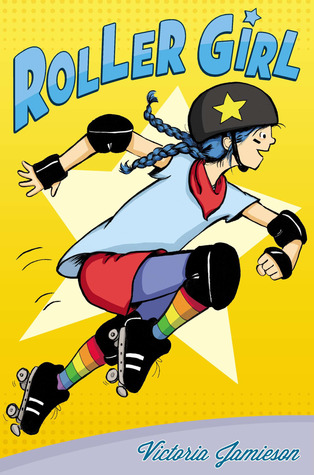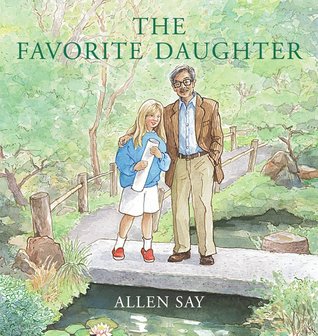★★★½
*** Warning: This review contains spoilers!! ***

A heartwarming story with a clear message of kindness.
This book gets a lot of high praise, and rightly so! August Pullman's story is told from multiple perspectives, making for lots of opportunities for the reader to practice empathy and to identify with one emotion or another. I especially appreciated Via's narration because it has always seemed to me that it's not uncommon for the siblings of kids with medical conditions to get overlooked. I know the part about Grans favoring Via might not sit well with some people, but I think that is exactly what Via needed to hear - that she mattered, too.
Grans and Mrs. Pullman are Brazilian, and I appreciated the matter-of-fact bit of diversity, including Summer being biracial. One small detail that I was perhaps overly sensitive to - because I'm Asian-American - was how Ximena Chin, the only character with an Asian-sounding name, was stereotypically the smartest girl in the class. Similarly, not diversity-related, but I didn't like the way the students who played Dungeons & Dragons were stereotypically portrayed as always being at the bottom of the social ladder.
While we're on the topic of small details... When Mrs. Pullman asked August about Summer, August said she was not in any of his classes (pg. 55). But just a few chapters later (pg. 68), August said Summer was in his English class, which seemed a peculiar oversight because several chapters had been devoted to August's first impressions of his English class, and Summer had no role in it.
I really loved Summer's character. Certainly she was set forth as the ideal, the kind of person we all wish we could be. If only every school had a Summer! Jack Will was, for me, the more relatable student. He was a good kid, but not eagerly so, and through him, it was clear how much peer pressure can play a role in children's behavior.
I really, really liked how all the kids in the book did not keep information from their parents. When there was something worth telling, they did tell - within a reasonable amount of time, before things got worse - either a parent or a trusted older character. I hope the message is not lost on young readers that when something bothers you, it helps to talk to someone.
I understand not wanting to complicate the story too much, but I found myself really wanting to read the perspectives of Julian and Charlotte. Julian, of course, never found it in him to be kind to August (and we see a glimpse of why in his mother's emails), and Charlotte - despite being portrayed as a goody two-shoes - only did the very minimum that was asked of her. Honestly, truth be told, I think a lot of children, in real life, would behave more like Julian and Charlotte than Summer and Jack. We don't want to promote or excuse their behavior, perhaps not even pass judgment, but I think some exploration of their feelings and emotions would have been valuable.
Of the perspectives included, the first-person narration by the 10-year-olds felt not quite believable to me. It was a bit odd, because I did find their dialogue, writing assignments, emails, and texts to be pretty typical of 5th graders. But their narrative voices just seemed too mature and articulate for their age. They sounded - and acted, what with all the talk about boyfriends and girlfriends - more like 7th graders, to me. I frequently wondered why the characters just weren't written to be 7th graders. Beecher Prep could have been a junior high school, and the "lots of kids will be new at the same time" idea could still have worked. Although, another thing I very much appreciated about the book is how August would just break down and cry sometimes. That did seem perfectly fitting for a 5th grader, but might not have had the same effect if he were a 7th grader.
Even though Amazon says this book is appropriate for grades 3-7, I would recommend it more for grades 5 and up. To me, this book is really a thinking book. What would you do if August went to your school? Would you be like Julian or Summer? Jack or Charlotte? Or maybe even one of the peripheral characters, who exist at a distance and never actually get into the fray? I think this book can have the most impact when it leads to some introspection, and I just think older readers would be better able to internalize the book's situations and explore the character's motivations and psychology, rather than just take the book at face value as just another story. On top of that, there are a number of heavy concepts in this book, including two deaths, talk about reincarnation, and a rather light mention of suicide that plays a big role. When I first started this book, I encouraged Isabelle to read it, too. By the end, I told her not to rush, that if she wants to wait another year two to read it, that's fine. But I would like her to read it some day.
I'm kind of surprised at how much I have to say about this book, but I'm just going to keep going...
In some ways, this book felt like it had a lot of potential as a young adult, or even adult, novel. In Via's narration, she goes into genetics, lets us know that she, too, carries the gene that could result in her children having a condition like August's, and then she drops a heart-wrenching line: "Countless babies who'll never be born, like mine." (pg. 106) Wow. So affected by her brother's life, she has already decided that she will never have children, not willing to risk that one of them might be born like August. I expected more exploration or discussion later on, especially when her boyfriend Justin's narration revealed, "i'm going to be an overprotective dad some day... my kids are going to know i care." (pg. 197) Wow! So many questions. Would having or not having kids be a deal-breaker, either for Via or her partner? Would Via be willing to have children if she could guarantee her partner didn't carry the gene? At what point in a relationship do you ask your partner to get genetic testing, in order to determine if you're willing to move forward!?! Crazy questions, all of which are beyond the purview of a children's book, especially with Via and Justin just being 9th graders, after all.
Every now and then, someone would point out that August does not have special needs. This detail was important to show that August only
looked different, but was otherwise intellectually and emotionally just like any other 10-year-old kid. However, whenever it came up, it just never sat right with me... Via saying, "Unless you want to be treated like a baby the rest of your life, or like a kid with special needs..." (pg. 115) and Charlotte explaining that Beecher is not an inclusion school, which "mixes normal kids with kids with special needs." (pg. 171) I don't know. It just had a small tinge of, "Well, good thing Auggie is not special needs, because
those kids aren't normal, and we don't want to have to deal with one of them."
I was taken aback by August winning a medal at the 5th grade graduation. When they first started talking about the last award, I thought, "Oh, this is great, Jack will get an award for being brave, for being kind and befriending August even though it meant losing all his other friends!" And then I thought, "Oh, maybe it will be Summer, because she never wavered, and was super kind and befriended August in the beginning without even being asked." Turns out, it was August who won. It's not that I don't think he was brave for going to school, or that he was in any way undeserving! It's great that he won. But one of the major themes of the book is how August just wants to be an ordinary kid, just wants to be treated like a normal kid like everyone else, not singled out for being who he is. In light of that particular theme, the award seemed too much. Yes, it was August who, just by being who he is, inspired other people to step up, to be braver than they thought they could be, to be kinder and more compassionate. But... he didn't actually
do anything.
Clearly, this book got me thinking. It's a valuable read.
Oh, a couple random thoughts. I loved that Mr. Browne taught precepts, as a way to get kids thinking. And I enjoyed all the references to pop culture, though I don't think kids today would necessarily understand them all.
 Hm. This installment seemed lacking.
Hm. This installment seemed lacking.
















